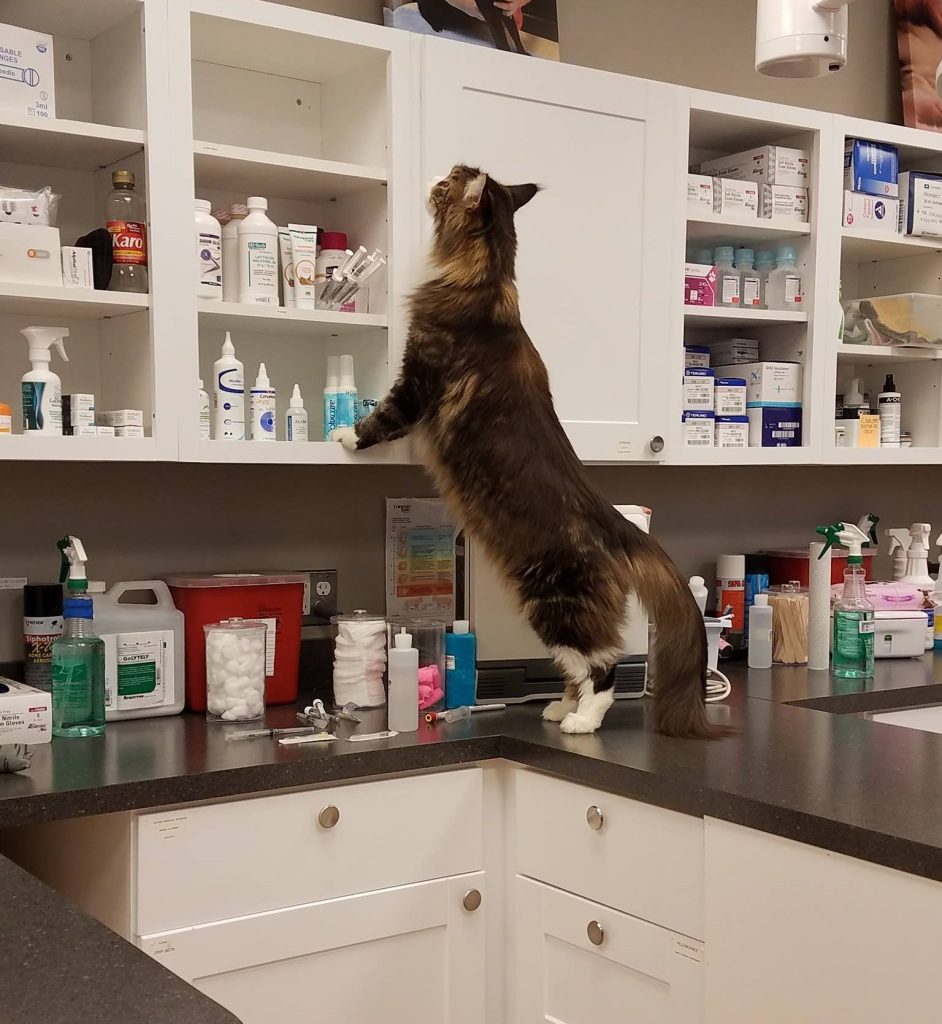Naproxen is toxic to cats, and ingestion can lead to severe health problems and even death. Cats should never be given naproxen or any other medication without explicit veterinary guidance.
Many pet owners may wonder if they can give their cats naproxen for pain relief. However, it is important to note that naproxen is highly toxic to cats. Ingesting even a small amount can cause serious health issues, including gastrointestinal ulcers, kidney damage, and even death.
Veterinary guidance should always be sought before giving any medication to a cat to avoid compromising their health. It is essential to understand that what may be safe for humans or other animals could be extremely harmful to feline companions.

Credit: www.aspcapro.org
Understanding Naproxen And Its Uses In Humans
Naproxen, a commonly used drug in humans, needs caution when it comes to its effects on cats. The medication, classified as a nonsteroidal anti-inflammatory drug (nsaid), is primarily used to reduce pain and inflammation in people. Naproxen works by inhibiting the production of certain chemicals in the body, providing relief for conditions like arthritis, menstrual cramps, and migraine.
However, it is vital to note that while it may be beneficial for humans, naproxen can be toxic to cats. Ingesting even small amounts of the drug can lead to severe health complications for feline companions. Therefore, it is crucial to keep naproxen and other nsaids out of reach from cats and only use them as directed by a veterinarian.
Understanding the potential risks and taking necessary precautions are essential to ensuring the safety and well-being of our furry friends.
The Dangers Of Naproxen For Cats
Naproxen poses serious risks to cats, as they lack the necessary enzymes to metabolize the drug effectively. Ingestion of naproxen can lead to severe toxicity in feline companions. Cats may exhibit various reactions upon ingestion, including gastrointestinal upset, drooling, loss of appetite, vomiting, diarrhea, and abdominal pain.
It is essential to be aware of these common symptoms as they may signify naproxen toxicity. If left untreated, cats could experience complications such as kidney damage, ulcers, and even organ failure. These long-term effects can have a detrimental impact on a cat’s overall health and well-being.
Therefore, it is crucial to keep naproxen and other human medications securely stored and out of reach from curious feline friends. Immediate veterinary assistance should be sought if there is any suspicion of naproxen ingestion to ensure prompt treatment and prevent further harm to the cat.
Treatment And Prevention Of Naproxen Toxicity In Cats
Naproxen toxicity can be harmful to cats and immediate action is necessary if they ingest it. Veterinary treatments are available for naproxen toxicity in cats. To prevent accidental ingestion, it’s important to store medications safely and securely. There are alternative pain relief methods for cats that can be used instead of naproxen.
By following these guidelines, you can help keep your cat safe and prevent any potential harm from naproxen ingestion. Always consult with a veterinarian for the best course of action if you suspect your cat has ingested naproxen. Remember to keep medications out of reach and explore other options for pain relief in cats.
Conclusion
It is crucial for cat owners to understand the potential dangers of naproxen to cats. While this over-the-counter medication may provide relief for humans, it poses a severe threat to our feline companions. Cats lack a specific enzyme needed to metabolize the drug, leading to a buildup of toxins that can cause organ damage and even be fatal.
Recognizing the symptoms of naproxen toxicity is essential, as early intervention can increase the chances of a positive outcome. If you suspect your cat has ingested naproxen, seek immediate veterinary care. Prevention is always the best approach, so it is vital to store all medications securely and out of your cat’s reach.
Remember, when it comes to our pets’ health, knowledge and vigilance are key. Stay informed, keep your furry friends safe, and consult with a veterinarian for any concerns or questions you may have.


